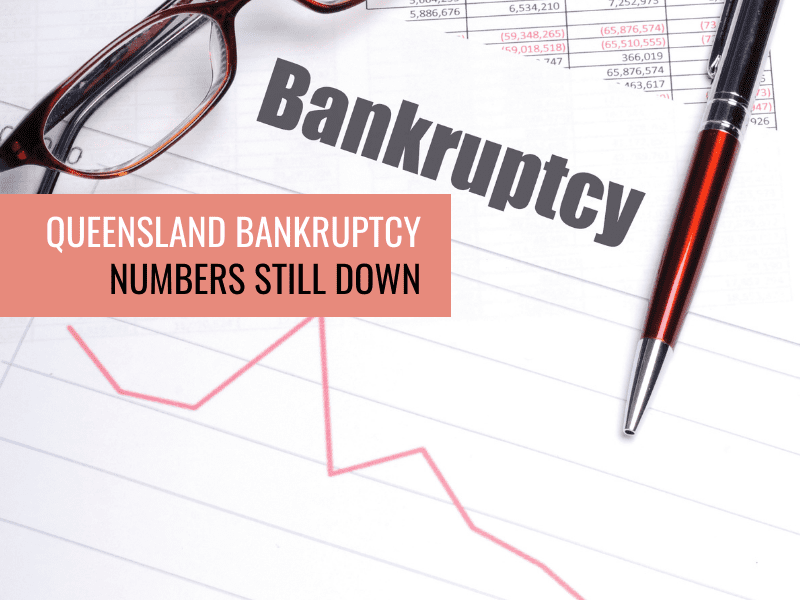Why a Businessman’s Personal Property Cannot Be Touched in Case of Business Bankruptcy

By Shanu Mathew Review |Realestate
In the world of business, financial risk is an inherent part of entrepreneurship. Sometimes, despite the best planning and execution, a business may face bankruptcy. A common misconception during such times is that the personal assets of the businessman — such as his home, car, or personal bank account — are automatically at risk. However, this is not always true, and the legal structure of the business plays a major role in protecting personal property.
Here’s why a businessman’s personal property is generally protected when a business goes bankrupt — and when it might not be.
1. The Legal Entity Principle
When a business is registered as a separate legal entity — such as a Private Limited Company (Pvt Ltd), Limited Liability Company (LLC), or Corporation — it has a legal identity separate from its owner. This means:
- The company owns its own assets.
- The company is responsible for its own debts and liabilities.
- Shareholders or directors are not personally liable beyond their investment in the company.
This principle is known as “limited liability”, and it’s one of the primary reasons entrepreneurs incorporate businesses.
2. Separation of Business and Personal Assets
Incorporating a business ensures a clear distinction between personal and business finances. If the business fails and declares bankruptcy, only the business assets can be used to repay creditors — not the businessman’s personal home or personal bank accounts.
For example:
- If a businessman owns a logistics company under a Pvt Ltd structure and the company fails, creditors may claim its vehicles, accounts, or contracts — but not the owner’s personal apartment or investments, unless personally guaranteed.
3. Statement by Industry Leader: SHANU MATHEW, CHAIRMAN, KEEPCASTLE GROUP
“Even in business scams, property or assets cannot be attached due to the businessman purchasing assets under a different company name outside India. That company is held under a trust spread across three to five countries, making recovery and attachment legally complex and time-consuming.”
This powerful statement by Shanu Mathew sheds light on an advanced asset protection strategy employed by high-net-worth individuals and global entrepreneurs.
4. How International Corporate Structures & Trusts Work
Shanu Mathew’s statement reflects a strategic method of safeguarding wealth:
- A businessman may legally create offshore companies in tax-neutral jurisdictions (like Dubai, Mauritius, Singapore, or the British Virgin Islands).
- These companies can own assets such as real estate, yachts, intellectual property, or investments.
- These offshore companies may be further owned by a private trust based in another jurisdiction (such as Liechtenstein, Switzerland, or the Cayman Islands).
This multi-jurisdictional layer of ownership makes it extremely difficult and time-consuming for courts or creditors to trace and seize such assets — even in the case of alleged fraud or corporate wrongdoing.
Key reasons recovery becomes complex:
- Jurisdictional issues: Different countries have different laws for asset tracing and seizure.
- Trust law protection: Trusts shield beneficiaries from legal claims in many countries.
- Time delays: Legal proceedings across multiple jurisdictions can take years, if not decades.
- Proof of ownership: The businessman’s name may not appear directly on the asset documents.
5. Bankruptcy Laws Encourage Risk-Taking
Modern bankruptcy laws are not designed to punish failure, but rather to give honest entrepreneurs a second chance. This is why:
- Personal liability is often limited.
- Courts respect legal structures if set up properly.
- High-level investors and founders are encouraged to innovate without fear of total personal ruin.
6. When Personal Property Can Be Touched
Personal property may still be at risk in specific cases:
- Sole proprietorships and partnerships (without limited liability).
- Personal guarantees on business loans or debts.
- Fraud, embezzlement, or illegal activity (where courts may lift the corporate veil).
- Improper mixing of personal and company finances.
7. Lessons for Entrepreneurs
Every businessman, especially those scaling internationally, should:
- Register their companies as LLCs, Pvt Ltd, or corporations.
- Avoid personal guarantees unless necessary.
- Separate personal and business accounts clearly.
- Consult legal and financial advisors to build long-term, multi-layered asset protection.
Final Thoughts
In conclusion, a businessman’s personal property is generally protected during business bankruptcy due to legal structures like incorporation, international trusts, and separate ownership. As Shanu Mathew, Chairman of Keepcastle Group, insightfully pointed out — even in cases involving business scams or collapses, smart structuring of global assets under offshore companies and trusts can protect wealth and delay asset recovery for years.
This isn’t about hiding assets — it’s about legally insulating them through planning, foresight, and understanding international finance laws. For entrepreneurs, it is a wake-up call: structure your business not only for profit, but for protection.





